Expectations in the new era of development
Permanent Deputy Minister of Education and Training Pham Ngoc Thuong emphasized that our country is facing a historic opportunity to develop a breakthrough and successfully achieve the two 100-year goals. The requirements for building people and developing high-quality human resources are very urgent, requiring strong development of education and training.
In that context, the Politburo issued Resolution No. 71-NQ/TW (Resolution 71) on breakthroughs in education and training development. The Resolution determined that education and training continue to be the "top national policy" and "decide the future of the nation".
Resolution 71 places education and training development in the mindset of national governance and social governance, making the goals and tasks of education and training development the focus of strategies, planning, policies, programs, and development plans for all areas of the country.
Resolution 71 demonstrates far-sightedness, action and practicality. The resolution reflects the direction of the Party Central Committee and the Politburo, but first and foremost the concern, anxiety, desire and special affection of General Secretary To Lam.
The issuance of the Resolution also demonstrates the sentiments, concerns and expectations of the leaders of the State, National Assembly, Government, and Prime Minister Pham Minh Chinh, who has always paid attention to providing direct, close, timely and effective direction.
Resolution No. 71 was issued and attracted widespread attention from teachers, students, parents and experts; there were many articles and shared opinions showing high consensus, considering this a correct and timely step.
Resolution 71 becomes even more meaningful when it is issued at the time of the 80th anniversary of the tradition of the Education sector, both demonstrating the Party and State's recognition of the outstanding contributions of the entire Education sector over the past 80 years, and setting new expectations and requirements for education in the new era of development of the country.
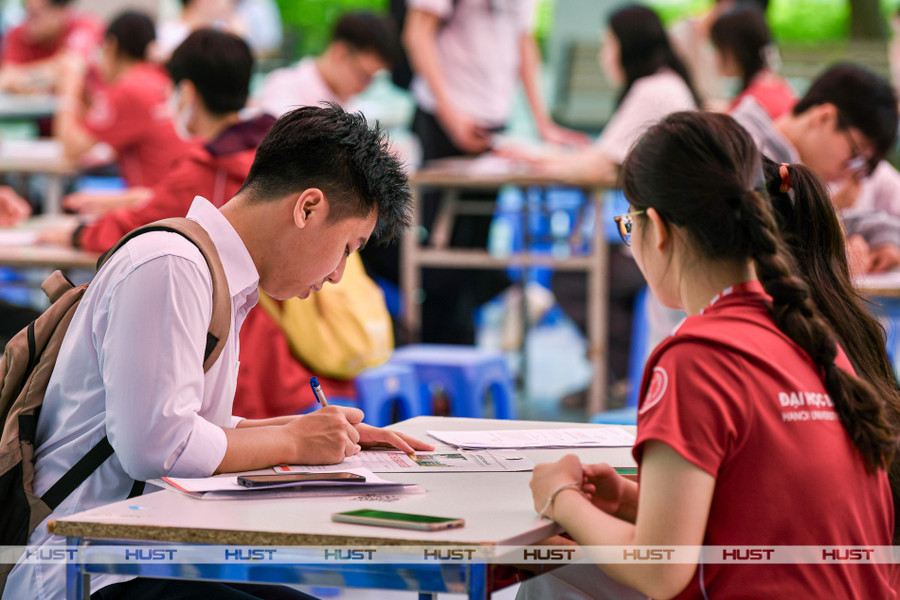
7 new, breakthrough points
Emphasizing the new and breakthrough points expressed in Resolution 71, the Deputy Minister discussed: First of all, Resolution 71 elevates and deepens the role and relationship of the State, society and market in education; at the same time, it clarifies the policy of promoting autonomy and socialization to increase resource mobilization and social responsibility for education, without reducing the leading role of the State in providing resources for all levels and grades of education. This is a breakthrough policy, clearing major bottlenecks in resources, especially for the development of higher education and vocational education.
Second, ensure full and unified autonomy for higher education institutions and vocational education institutions regardless of the level of financial autonomy. Strengthen the comprehensive leadership role of the Party organization, and do not establish school boards in public education institutions. This is a breakthrough policy, releasing major institutional bottlenecks, creating new momentum and space for the development of higher education and vocational education.
Third, improving the quality of teachers and educational administrators not only determines the quality of education, but is also the subject of educational innovation. This is an important policy to create motivation for team development.
Fourth , on the basis of the Vietnamese people's tradition of loving learning, raise social awareness of lifelong learning, learning for the development of the country and the future of the nation.
Fifth, supplement the viewpoint on comprehensive, all-people and global education; ensure harmony between all-people and elite, comprehensive and specialized, national and global. This is an important viewpoint to develop a quality, fair and modern education system, integrating internationally according to Resolution 59-NQ/TW of the Politburo on international integration in the new situation.
Sixth, supplement the viewpoint of identifying the key role of higher education in the development of science, technology, and innovation. This is an important viewpoint to implement Resolution 57-NQ/TW of the Politburo on breakthroughs in the development of science, technology, innovation, and national digital transformation.
Seventh, supplement the viewpoint to clearly define the role of public education and non-public education; affirm equality and enhance the role and position of non-public education, create strong socialization momentum, with clear orientation in the spirit of Resolution 68-NQ/TW of the Politburo on private economic development.
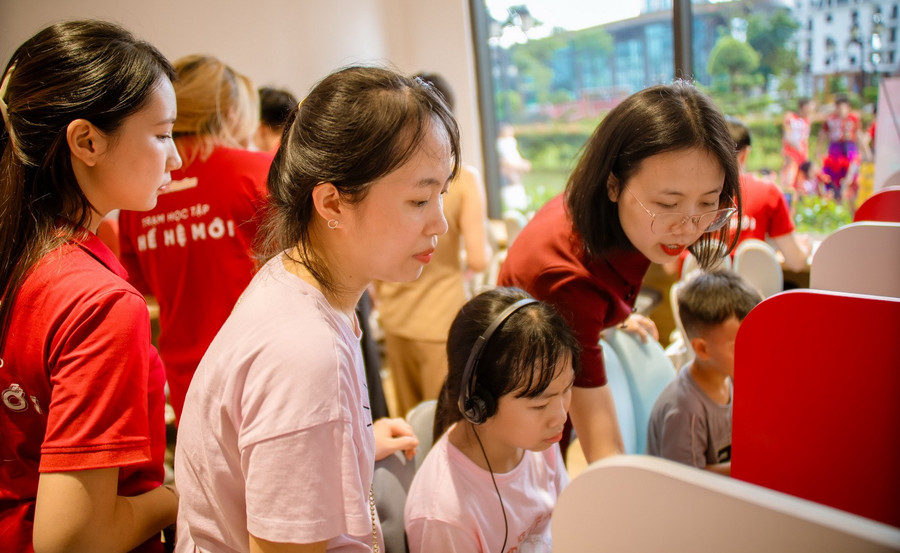
8 groups of solution tasks
Resolution 71 identifies 8 groups of tasks and solutions, including 5 general groups and 3 specific groups for each level of education. Deputy Minister Pham Ngoc Thuong acknowledged that Resolution 71 clearly demonstrates 7 breakthrough contents, including breakthroughs in institutions and policies; management and administration; investment resources; staff development; learner support; autonomy of educational institutions; foreign language proficiency, digital transformation, and AI application.
In terms of institutions and policies, focus on amending, supplementing, and perfecting legal regulations on education and training, and related laws to remove bottlenecks and bottlenecks in mechanisms and policies, ensuring smooth implementation.
Regarding management and administration, strongly shift from administrative management to development creation, modern management, and decisive action. Put education and training development in the mindset of national management and social management to ensure orientation, planning, and strategies for socio-economic development.
Strengthen the comprehensive and direct leadership role of the Party organization, do not organize School Councils in public educational institutions and implement the Party Secretary concurrently as the head of the educational institution to streamline the organizational apparatus of educational institutions, overcome the situation of overlapping functions, cumbersomeness, ineffectiveness, and inefficiency, affecting the development of educational institutions.
Regarding investment resources, state budget expenditure ensures that educational conditions meet standards, striving for an investment expenditure structure of 5%; expenditure for higher education of 3%. Allocate state budget according to mission, quality and efficiency.
Prioritize the allocation of clean land, exemption and reduction of land use fees, land lease, and credit expansion for educational institutions; promote public-private partnerships (such as leasing and borrowing public works). Invest in solidification, ensure standard facilities, and complete the network of boarding and semi-boarding schools before 2030.
Regarding the development of teachers, experts and talents, there are special preferential policies and sufficient budget allocation to attract, train and foster teachers at home and abroad.
Arrange enough teachers according to standards; increase preferential allowances for teachers; mobilize talented people to teach special subjects. Develop a program to attract excellent lecturers from abroad with incentives beyond the framework; implement a mechanism of joint tenure for lecturers.
Regarding policies to support learners, build a National Scholarship Fund, allocate the state budget and mobilize other legal sources to grant scholarships to support and encourage learning, attract and develop talents, and send them to study abroad; prioritize scholarships from the state budget for basic sciences, engineering and technology, especially at the doctoral level.
Regarding autonomy and promoting the creative capacity of educational and training institutions, build a strong autonomous mechanism, create maximum favorable conditions for public educational institutions to promote initiative and creativity; ensure full and unified autonomy for higher education institutions and vocational education institutions in professional activities, internal administration and international cooperation, regardless of the level of financial autonomy, and do not use finance as the basis for determining the autonomy of higher education and vocational education institutions.
On foreign language proficiency, digital transformation and application of artificial intelligence in education, comprehensive digital transformation, application of technology and artificial intelligence, building a national strategy and platform on artificial intelligence in education.
Develop the national education and human resources information system, connect the labor market information system. Strengthen foreign language teaching and learning, gradually make English the second language in schools and teach the languages of neighboring countries.

Restructuring within training institutions
Deputy Minister Pham Ngoc Thuong affirmed that the Party Committee of the Ministry of Education and Training and the entire education sector will promote the thousand-year-old fine tradition and 80-year achievements, bring all their intelligence, determination, creativity, enthusiasm and noble spirit of the profession to excellently fulfill their responsibility to the country, and start implementing Resolution 71 of the Politburo right from the first days of the new school year.
First, the entire industry must thoroughly study and understand the Resolution, unify awareness and action, fully understand the requirements, tasks, responsibilities and new ways of doing things, and create new momentum and motivation.
Develop a program and plan to direct the implementation of Resolution 71 of the Party Committee, ensuring "6 clarity": clear people, clear work, clear time, clear responsibility, clear products, clear authority.
The Party Committee of the Ministry of Education and Training will also focus on leading the institutionalization of the guiding viewpoints of Resolution 71; submitting to the National Assembly for approval 3 laws, Resolution on special policy mechanisms to implement Resolution 71, Resolution on the National Target Program on modernization and improvement of education quality;
Urgently complete the assessment of the implementation of the 2018 general education program; develop new plans for textbooks, e-textbooks, and e-learning materials; promulgate and implement a new preschool education program; promptly implement the construction of boarding and semi-boarding schools in border communes, and solidify classrooms...
In addition, the Party Committee of the Ministry also led the work of rearranging the network of universities, colleges and vocational schools, reducing the number, improving the quality, restructuring within higher education and college institutions, implementing smart digital governance models, eliminating intermediaries; building a national scholarship fund and policies to support learners; strongly implementing the AI strategy in education, digital transformation and developing smart schools, connecting and putting into operation the database of lifelong learning records of learners from the beginning of 2026...
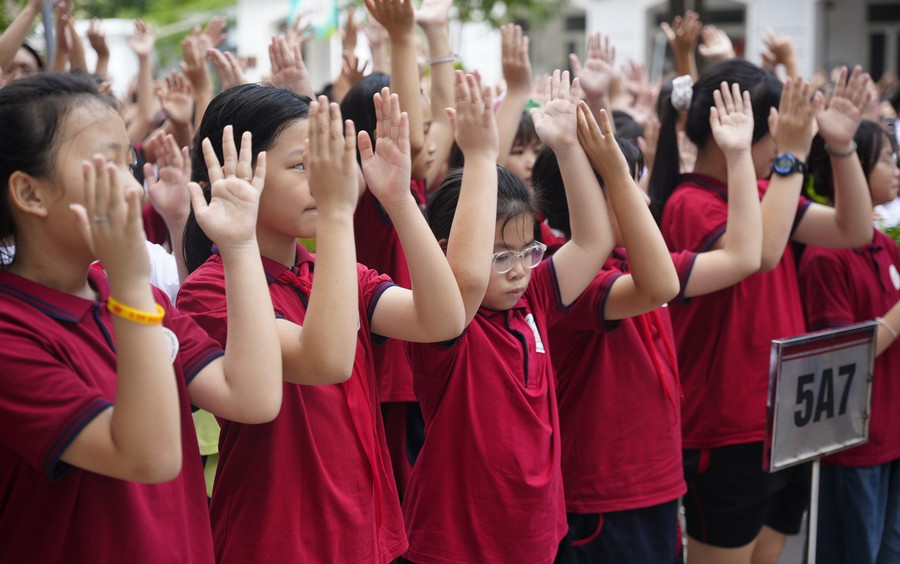
“I believe that, with the determination to act synchronously, resolutely and effectively to put Resolution 71 into practice, Vietnam will have a modern, equitable and high-quality national education system, ranking among the top 20 countries in the world by 2045, when the country celebrates its 100th anniversary,” Deputy Minister Pham Ngoc Thuong emphasized.
Source: https://giaoducthoidai.vn/nghi-quyet-so-71-la-co-hoi-dac-biet-va-chua-tung-co-voi-nganh-giao-duc-post750405.html



![[Photo] The 1st Congress of Phu Tho Provincial Party Committee, term 2025-2030](https://vphoto.vietnam.vn/thumb/1200x675/vietnam/resource/IMAGE/2025/9/30/1507da06216649bba8a1ce6251816820)
![[Photo] President Luong Cuong receives President of the Cuban National Assembly Esteban Lazo Hernandez](https://vphoto.vietnam.vn/thumb/1200x675/vietnam/resource/IMAGE/2025/9/30/4d38932911c24f6ea1936252bd5427fa)
![[Photo] General Secretary To Lam, Secretary of the Central Military Commission attends the 12th Party Congress of the Army](https://vphoto.vietnam.vn/thumb/1200x675/vietnam/resource/IMAGE/2025/9/30/9b63aaa37ddb472ead84e3870a8ae825)
![[Photo] Solemn opening of the 12th Military Party Congress for the 2025-2030 term](https://vphoto.vietnam.vn/thumb/1200x675/vietnam/resource/IMAGE/2025/9/30/2cd383b3130d41a1a4b5ace0d5eb989d)
![[Photo] Panorama of the cable-stayed bridge, the final bottleneck of the Ben Luc-Long Thanh expressway](https://vphoto.vietnam.vn/thumb/1200x675/vietnam/resource/IMAGE/2025/9/30/391fdf21025541d6b2f092e49a17243f)


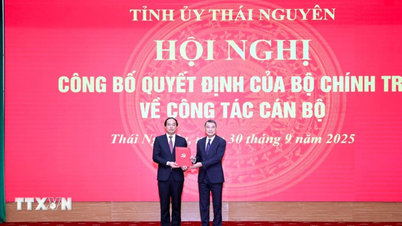

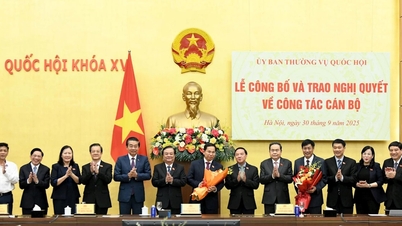





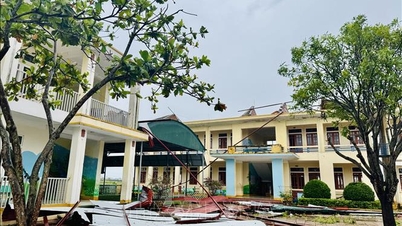

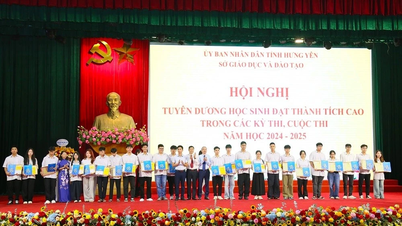
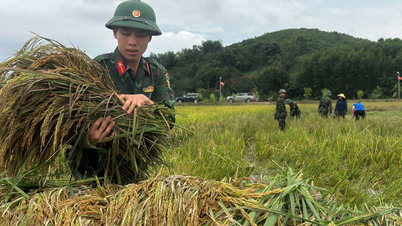



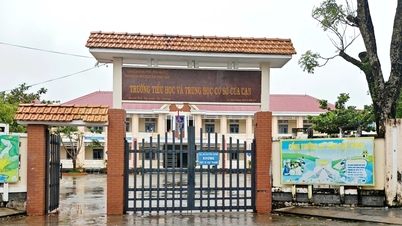
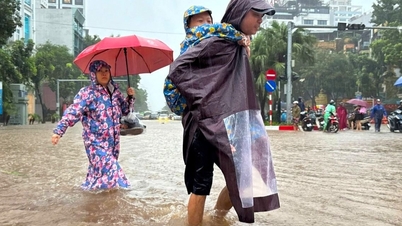







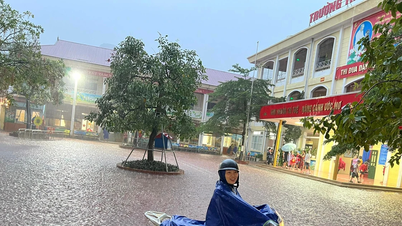

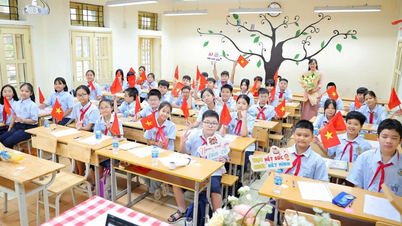
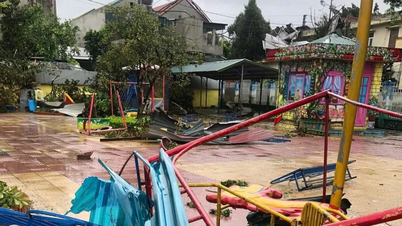
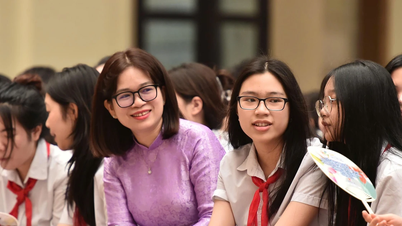
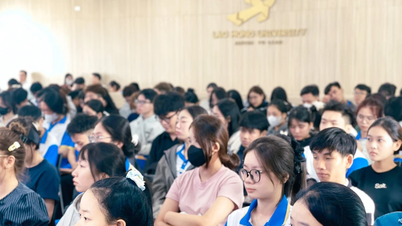















































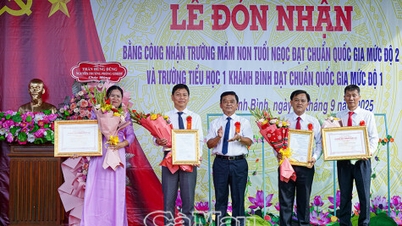



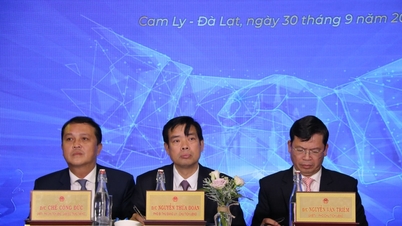
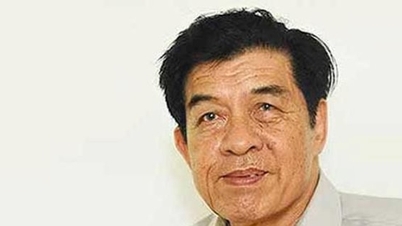















Comment (0)